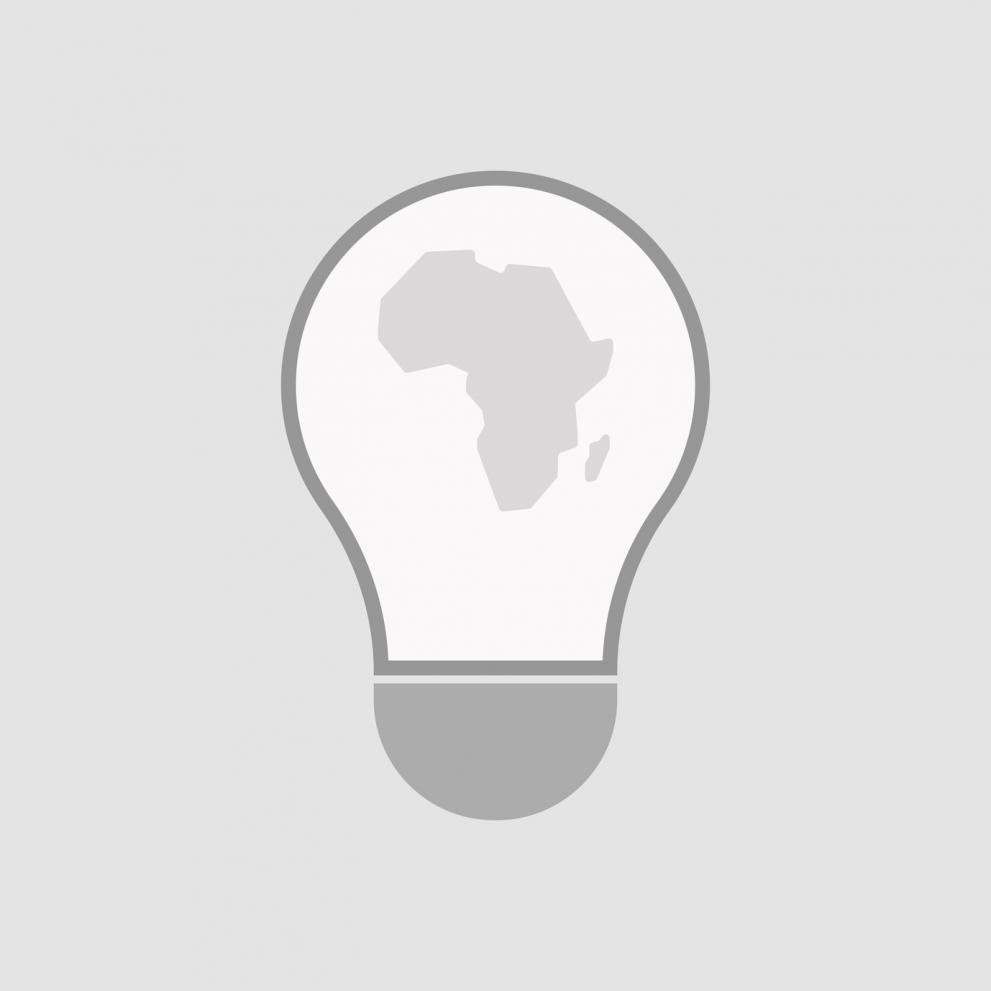
A new JRC report provides support and becomes a tool for decision-making to assist Burkina Faso in transforming its energy sector.
Access to sustainable and affordable energy remains a challenge in sub-Saharan Africa. In Burkina Faso, access to modern energy sources remains very low (18.3%), especially in rural areas (3.06%).
Since 2016, the energy sector in Burkina Faso has been going through a process of complete transformation guided by a new policy approach oriented towards a more sustainable and cost-efficient electricity supply system.
The JRC report "Mapping the least-cost option for rural electrification in Burkina Faso" contributes towards this transformation at a scientific as well as policy-making level.
The current electricity mix in Burkina Faso is based on traditional biomass energy, electricity imports, fossil fuel generation and hydropower. The deployment of renewable energy technologies is very low.
The amount of energy produced is below the demand for such a large population, and Burkina Faso's heavy dependency on imports for its electricity production raises issues of energy security.
At the moment, despite government's efforts there is no specific master plan for the development of renewable energy technologies in Burkina Faso. The new methodology developed by the JRC – the European Commission's science and knowledge service - addresses this particular knowledge gap.
The report describes a spatial analysis tool for assessing potential pathways towards a sustainable rural electrification plan, which could be applied to Burkina Faso.
The main findings indicate that in the long term, smaller decentralised electrification projects based on indigenous resources will be a more feasible and sustainable solution than the centralised ones which rely on imported fossil fuels .
The results suggest that up to 65 % of the non-electrified settlements can be served by decentralised technologies.
Furthermore, the report highlights the substantial photovoltaic (PV) potential in Burkina Faso, encouraging the deployment of renewable energy by the government and investors.
The results also suggest that integrating more renewable energy in the electricity supply and reducing the use of fossil fuels would lead to more cost-effective energy systems.
The findings of the JRC report will support the Burkina Faso government and development partners in defining the least-expensive rural electrification options within the framework of the national action plans for the UN Sustainable Energy for All (SE4ALL) initiative, which empowers leaders to create partnerships and unlock finance to achieve universal access to sustainable energy.
The model developed for the Burkina Faso was done in collaboration between JRC, the Energy Ministry of Burkina Faso, and the Centre for Renewable Energy and Energy Efficiency of the Economic Community of West African States (ECOWAS).
Details
- Publication date
- 10 August 2017
